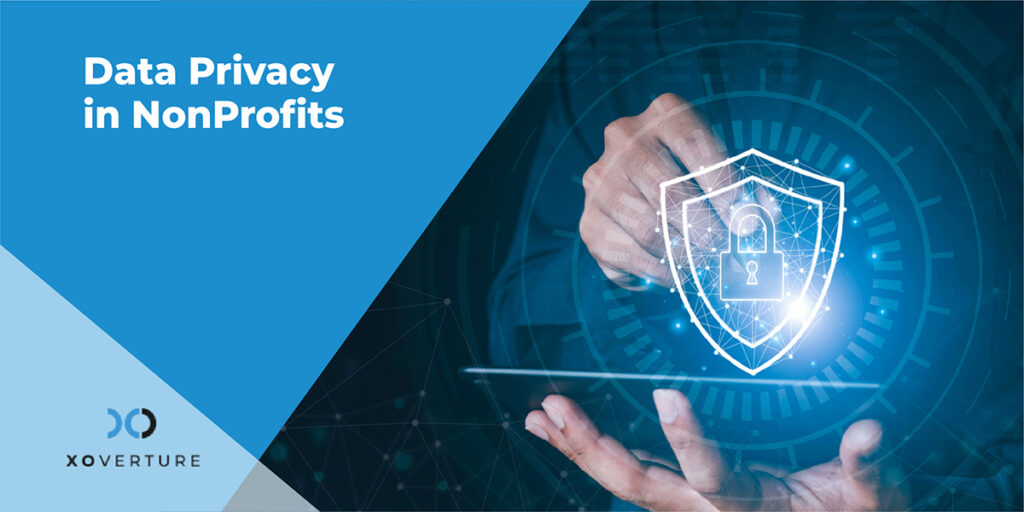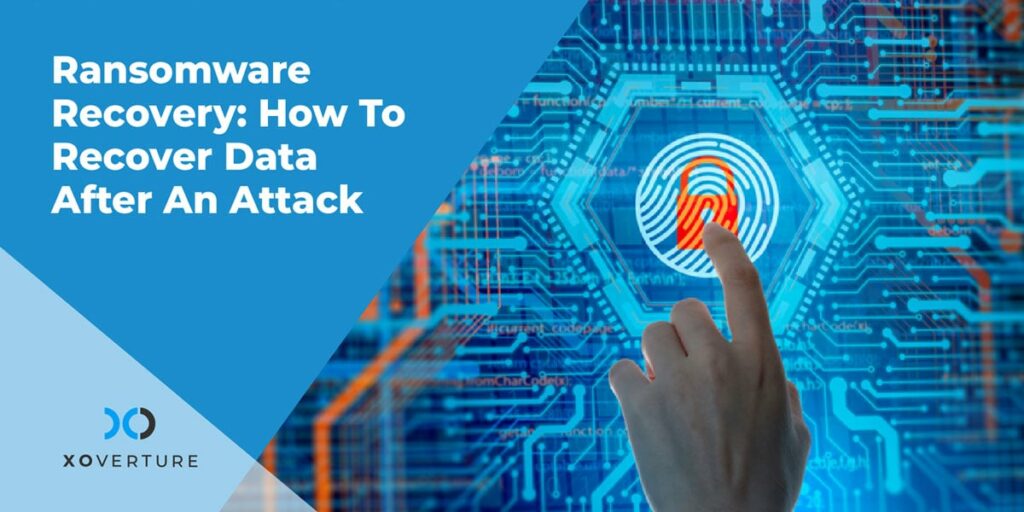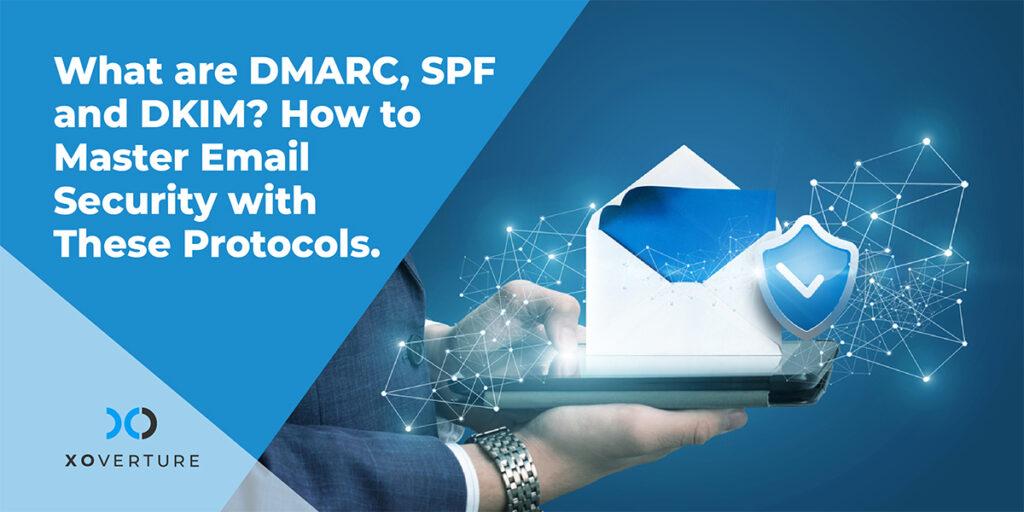Data privacy is not limited to big businesses, it is a real concern for nonprofit and social impact organizations as well. As nonprofits’ core work is about education, healthcare, and housing, certainly they manage a tremendous amount of data about the people we work with. This data most likely includes names, birth dates, emails, addresses, bank credentials, donation histories and employee histories. Moreover, data collection and analysis are the backbone of any nonprofit organization. Hence, taking data privacy and security lightly can increase the risk of data breaches and compliance violations.
In this blog, we will discuss what is data privacy in nonprofits, why it is important, and how to protect your sensitive data in IT infrastructure.
What is Data privacy?
Data privacy is an aspect of data protection that addresses the proper access, storage, retention, immutability, and security of data including sensitive information. In other words, data privacy is associated with the correct handling of personally identifiable information and personal data like name, email, birth date, address, social security number, and bank information.
What Is Data Privacy in Nonprofits?
The legal definition of data privacy changes from jurisdiction to jurisdiction, hence generally it means- an individual’s ability to determine what, when, and how to share their personal information. This information may vary but most likely it includes a person’s name, phone number, address, email address, purchase history, and medical history.
Why is Data Privacy Important?
When donors and other members hand over their personal data to the organization, they’re putting their trust in you to safeguard their sensitive information against theft, breach, and any other threat. Moreover, according to the regulations, the protection of personal information should be the priority for any business, especially for nonprofit organizations. In case any failure occurs then donor may end up compromising his vital information which results in:
- Financial losses
- Credit-rating downgrade
- Lost resources – time and money
- Reputation damage
- Losing the trust of donors, volunteers, and employees.
How to Protect Your Sensitive Data in IT Infrastructure?
Whether you’re a small nonprofit or a big organization, data privacy is vital for every business. Going easy on data privacy can cause some serious damage to the business, so there are plenty of storage and management options available in the market that you can rely on to secure your data. Here are some best practices for nonprofit organizations.
- Train employees about data privacy policies
- Encrypt your data for added security
- Privacy by design
- Rely on administrative controls to keep the data secure
- Create a response plan to deal with breach events
- Minimum data collection- ensure the safe disposal of the unwanted data
- Use safe, compliant vendors and data management tools
- Conduct training and awareness programs
- Know about GDPR and other relevant regulations
What are the Best Technologies for Data Protection?
When it comes to protecting sensitive data, nonprofits must rely on advanced techniques and solutions. Adopting the latest technology can help your business to restrict and monitor access against potential threats.
Encryption – Encryption is the most commonly used data security technique that ensures that the data can be decrypted only by the correct encryption key.
Identity and Access Management (IAM) – This technology verifies the credentials and permissions of all logins on selected systems and ensures that only the correct entity gets privileged access.
Data Loss Prevention (DLP) – This software tracks, detects, and monitors activities around sensitive data.
Firewalls – it’s a network object that diligently monitors the inbound and outbound network traffic.
Endpoint Protection Platform (EPP) – It’s an integrated security solution that is designed to leverage personal firewall, device control, ports, and anti-malware capabilities to ensure endpoint protection.
What are the Consequences of Non-compliance?
When the organization fails to comply with regulations, it may cause fines, penalties, financial loss, and reputational damage, and depending upon the compromised data, it may also have some serious repercussions as well, such as;
- Lawsuits
- Compensation cost
- Remediation cost
- Loss of Reputation
- Revenue loss
- Government audits
- Bank penalties and fines (when finances are involved).
The Bottom Line:
Nonprofits are one of those businesses where relations are built based on their trust. So, not having strong and proper data security policies and procedures in place can be troublesome in the future which can cause financial loss and reputation damage. Hence, nonprofit organizations need to pay extra attention to their data privacy and security measures to ensure they keep getting donations and charity funds in the future too.




